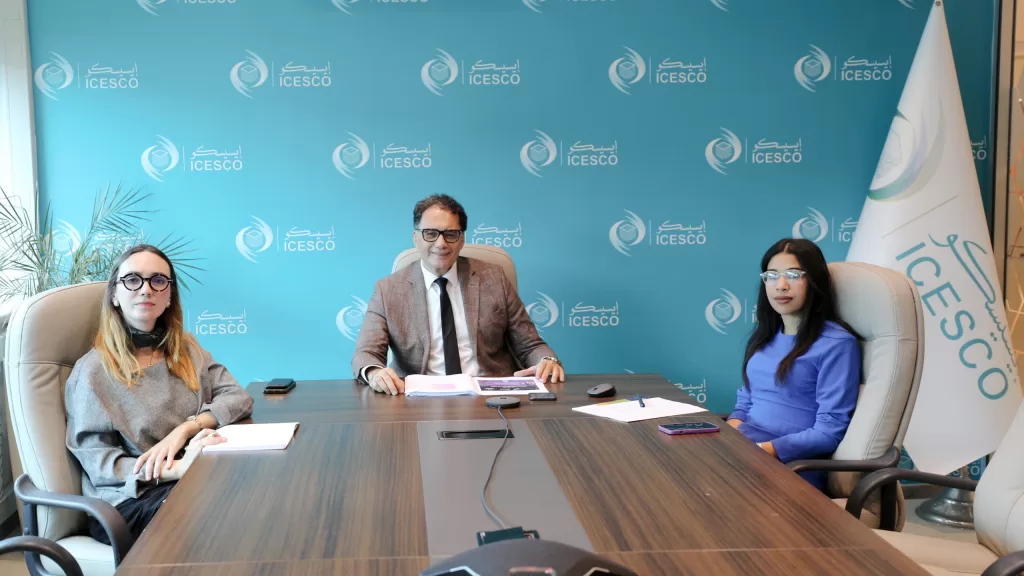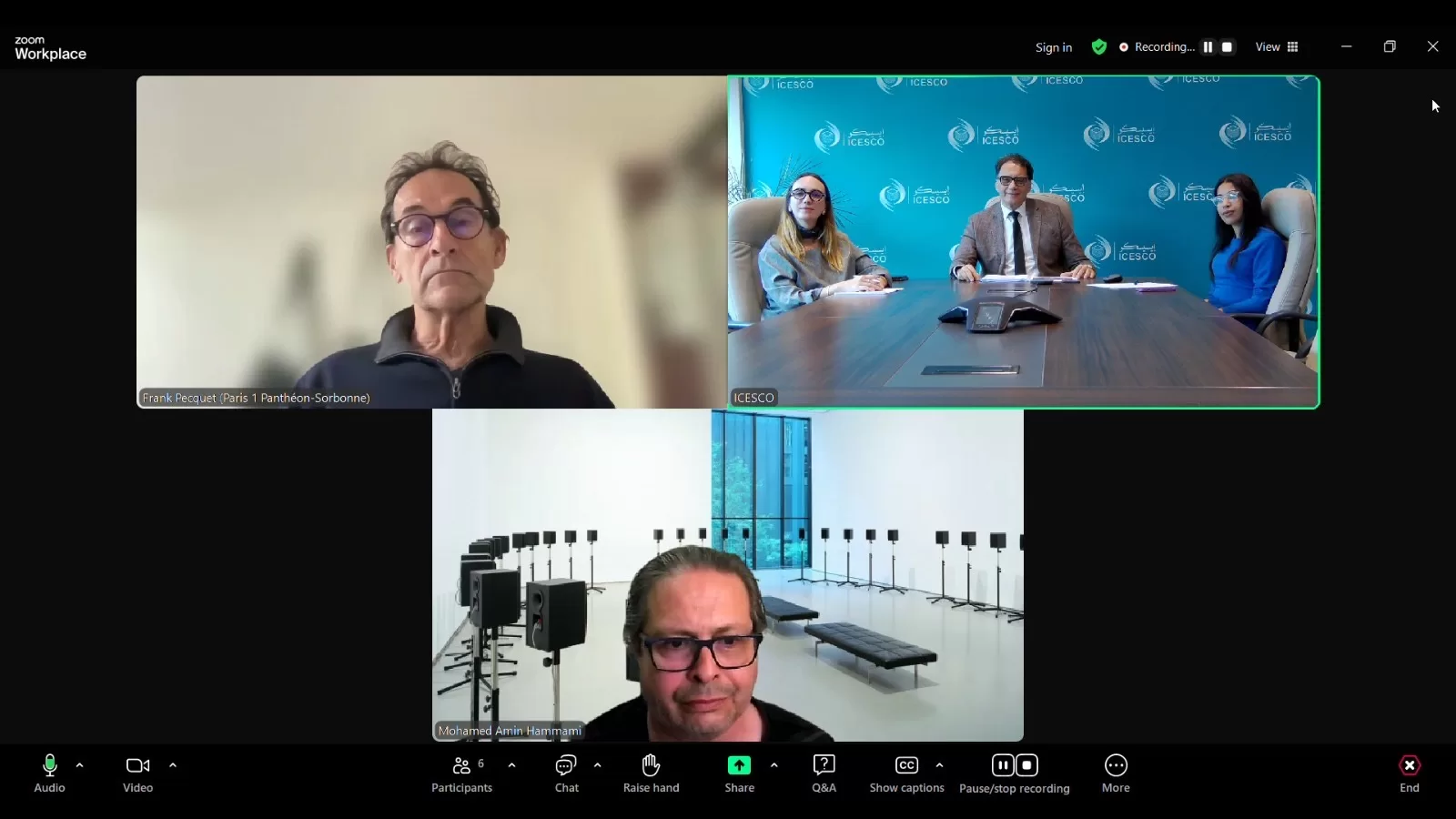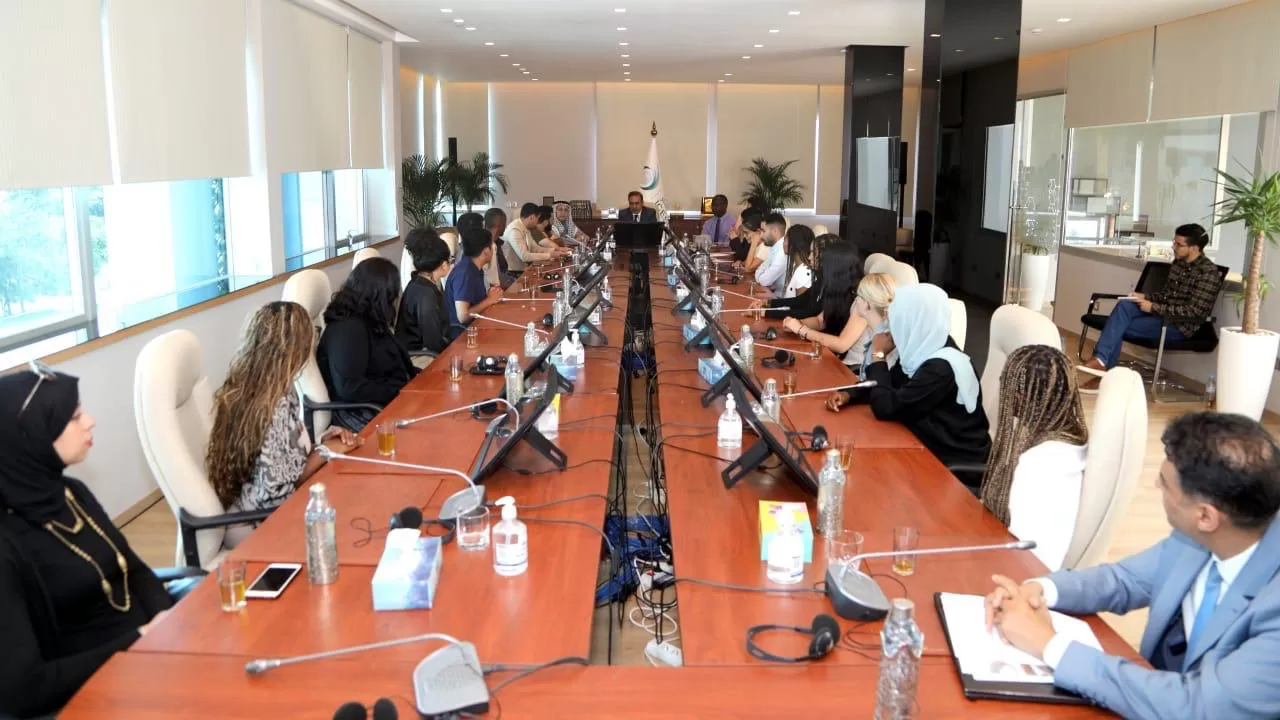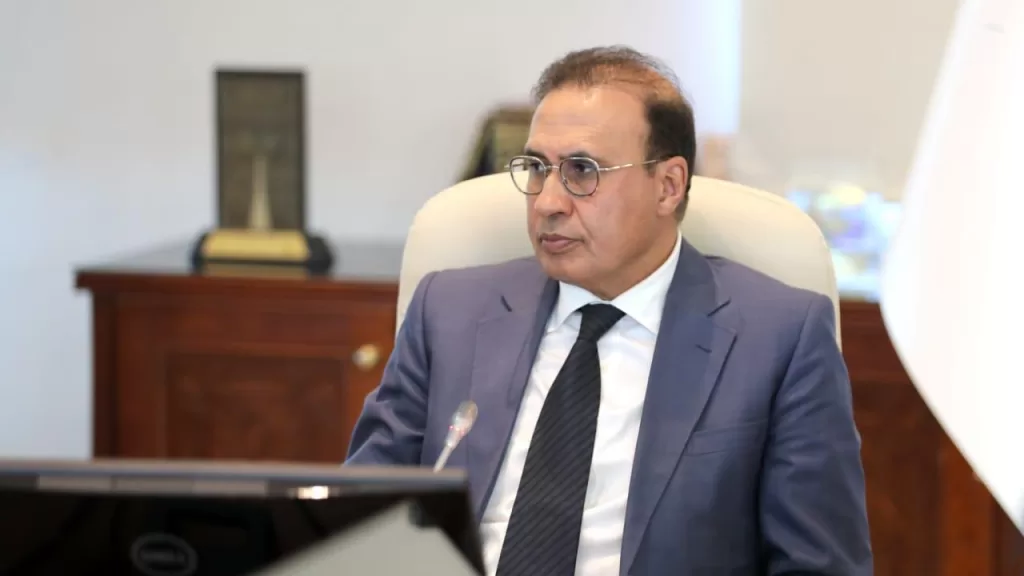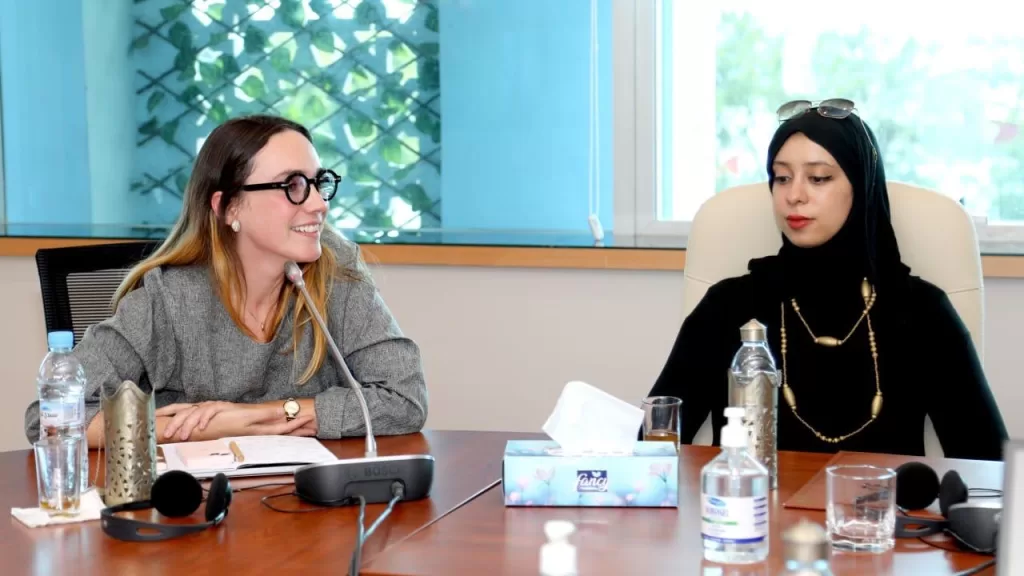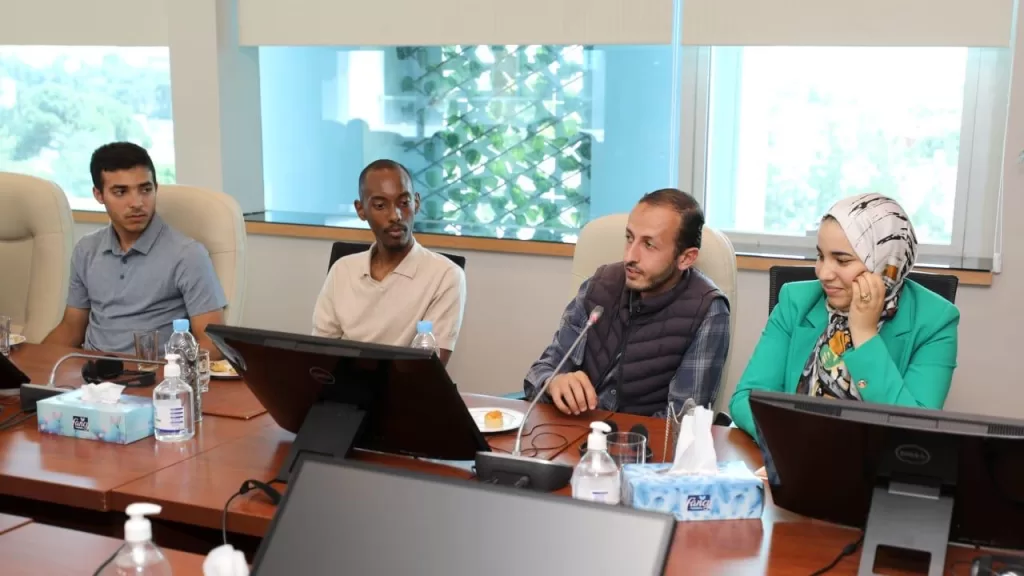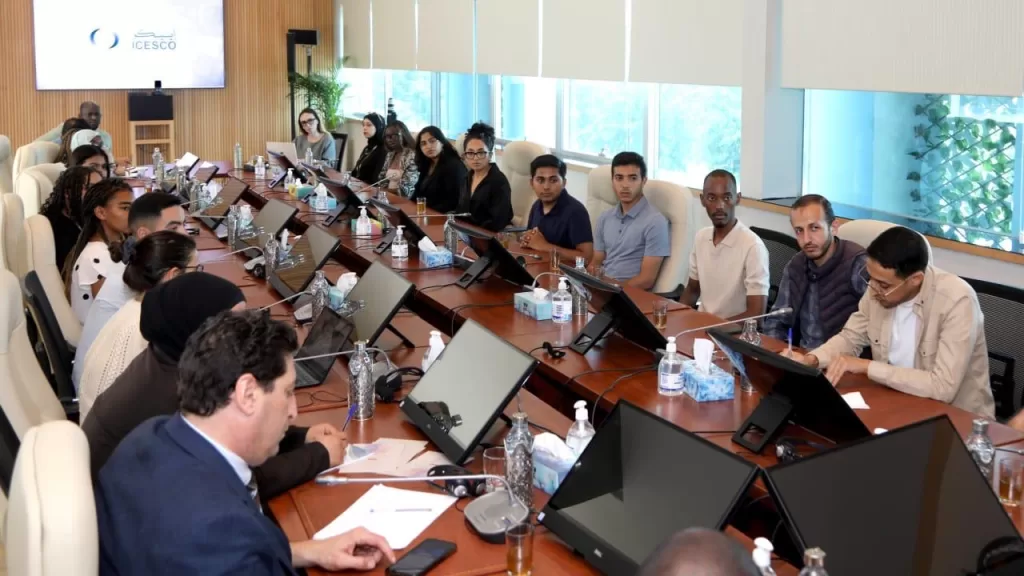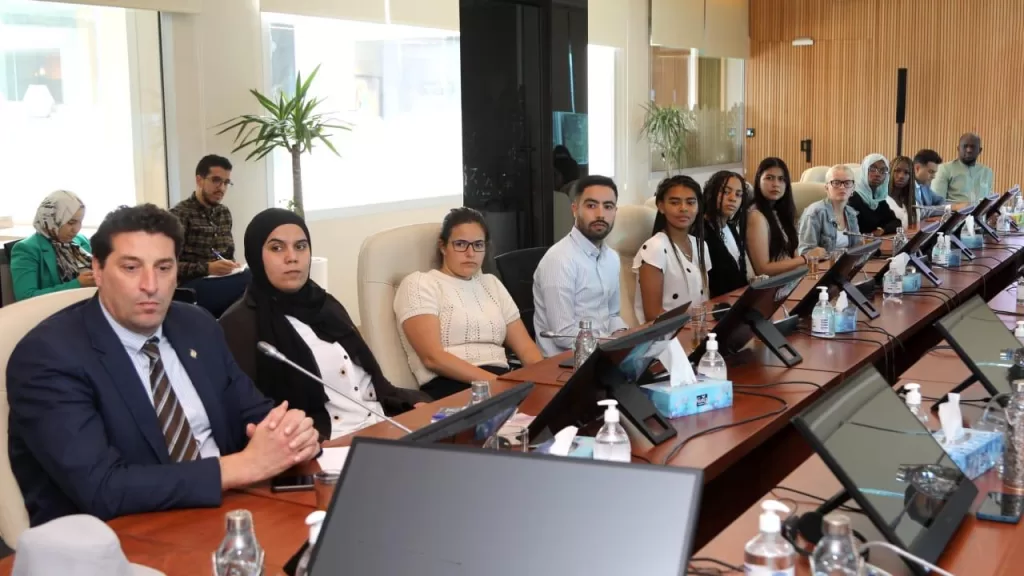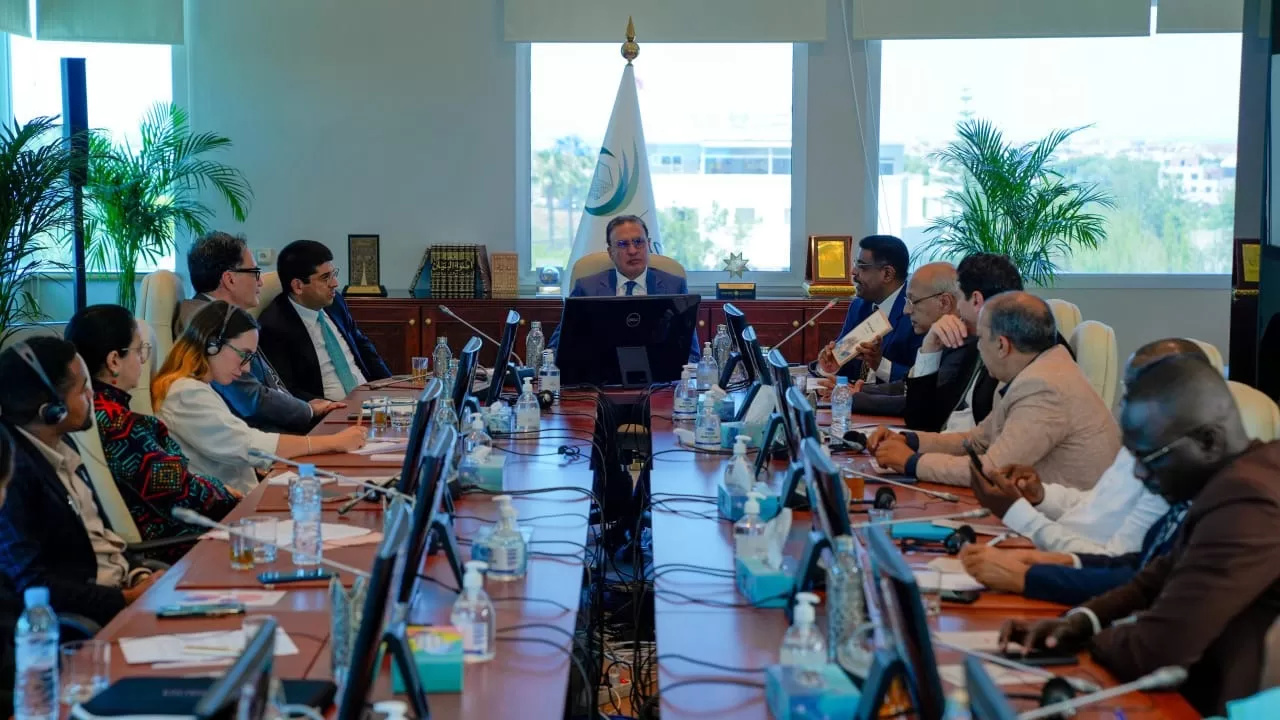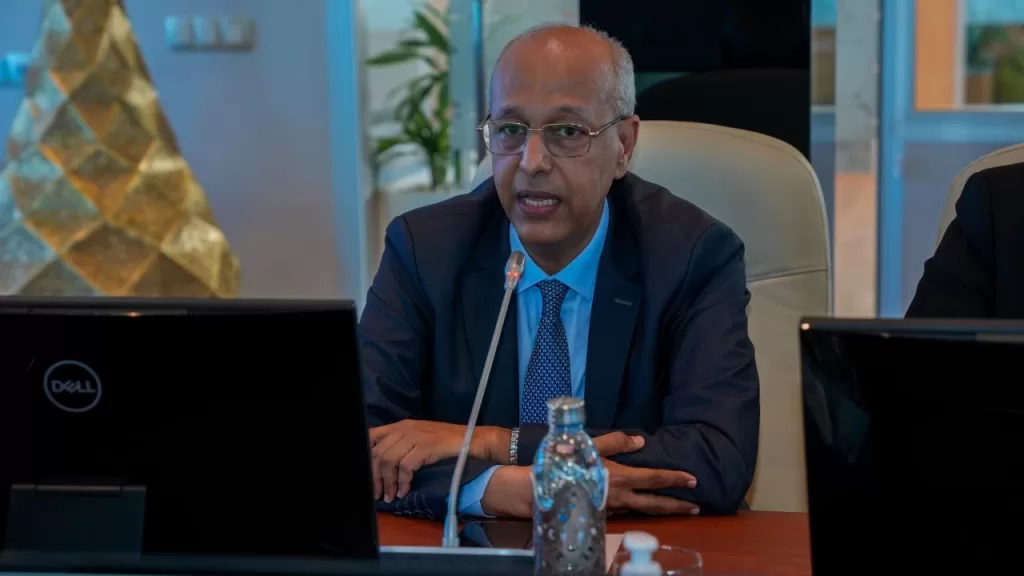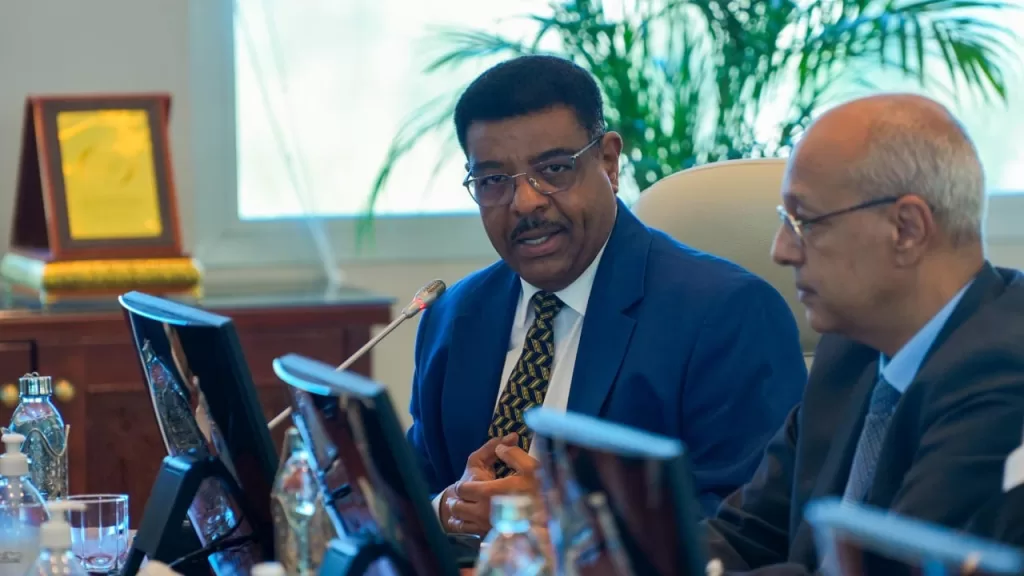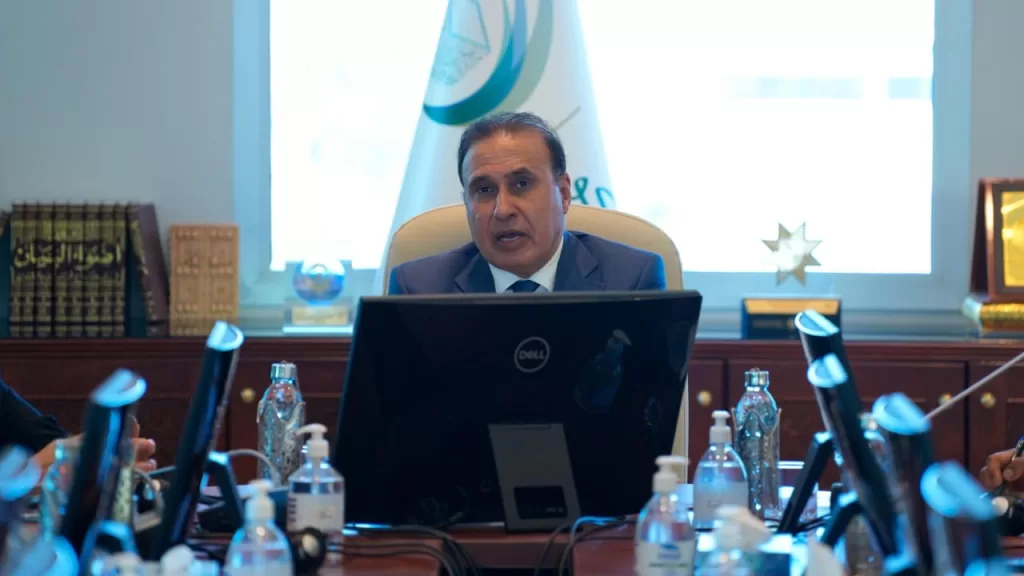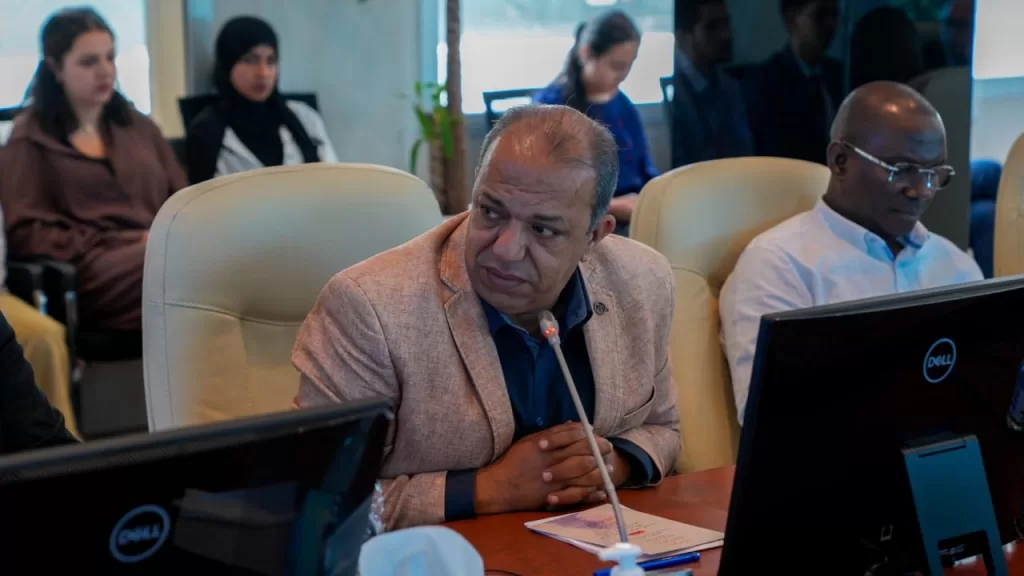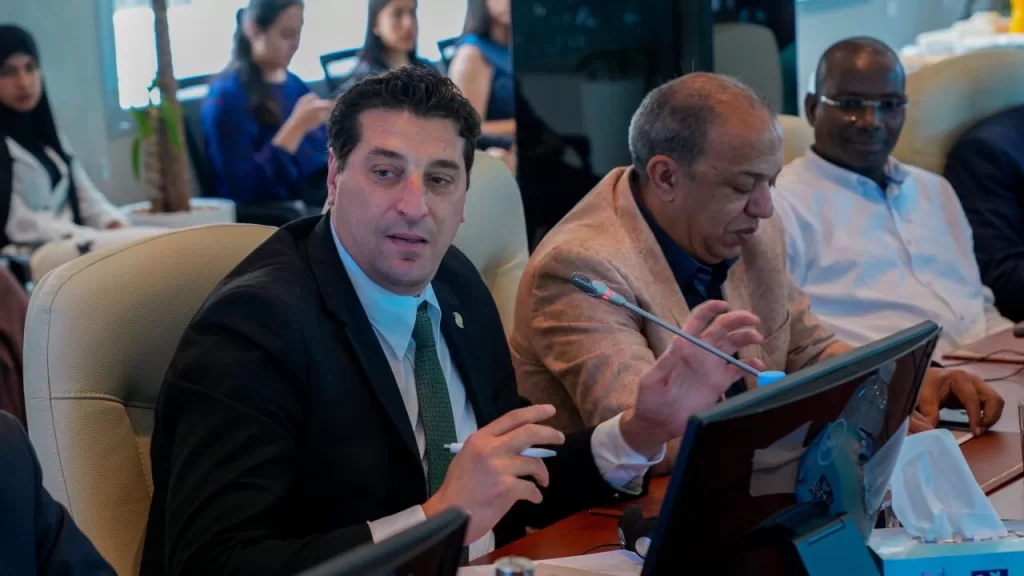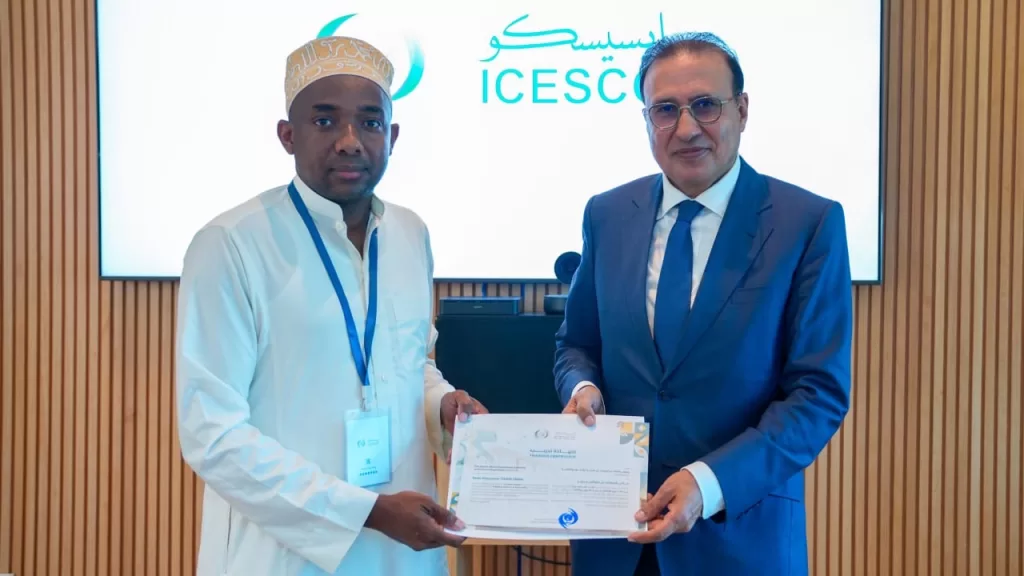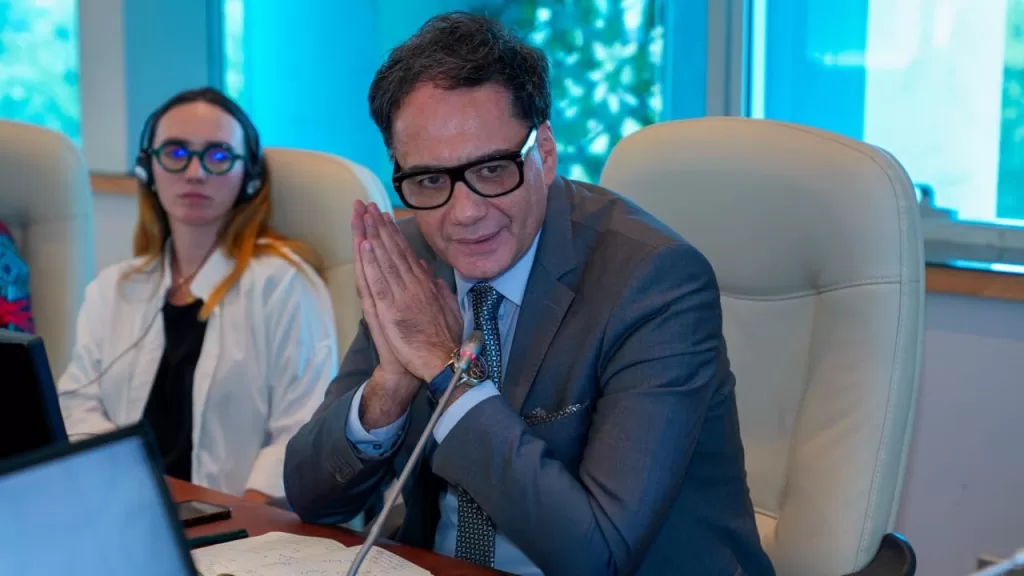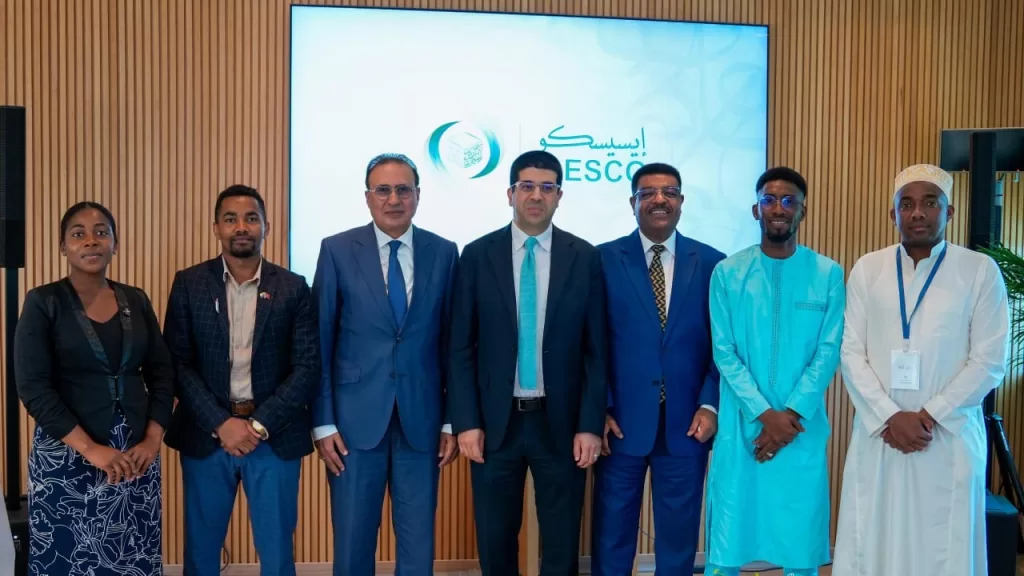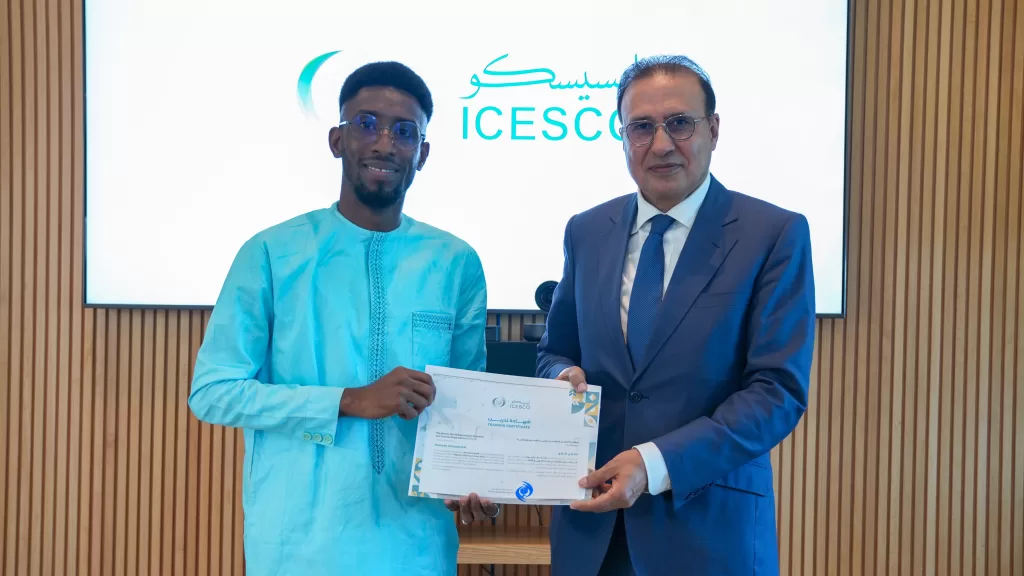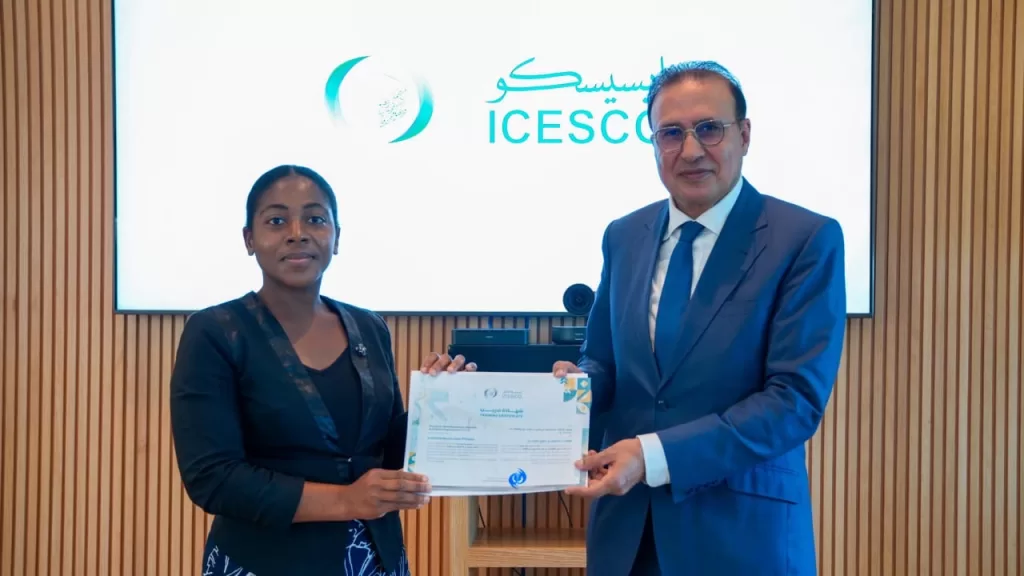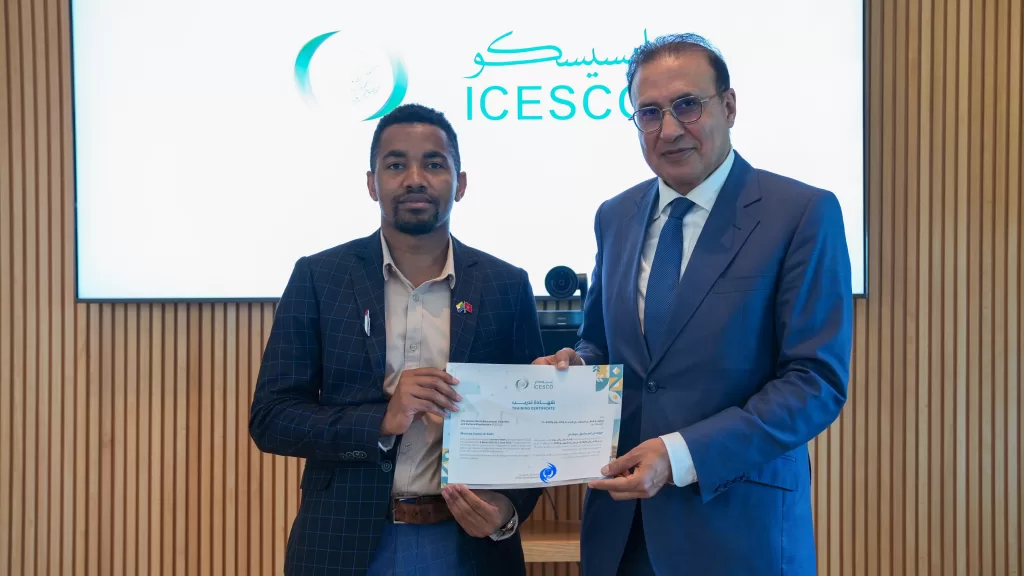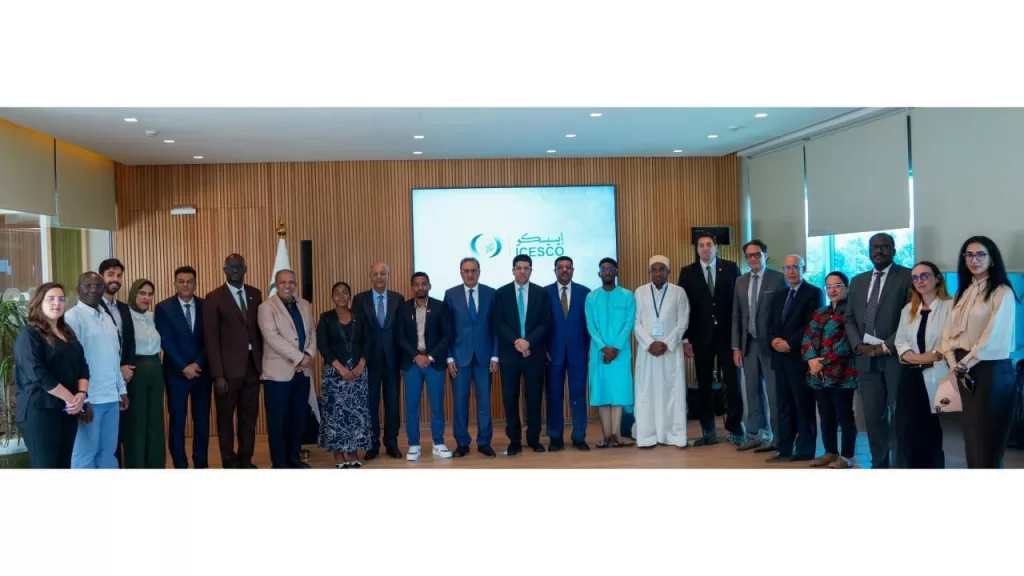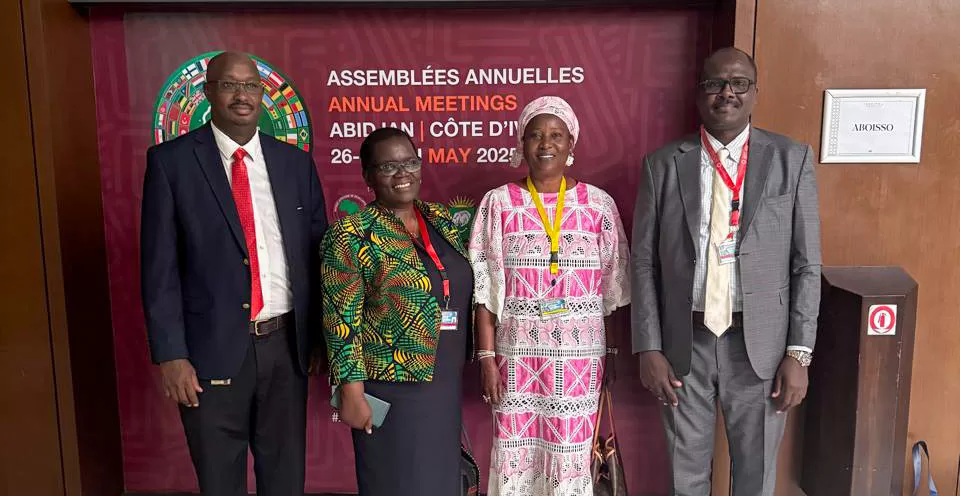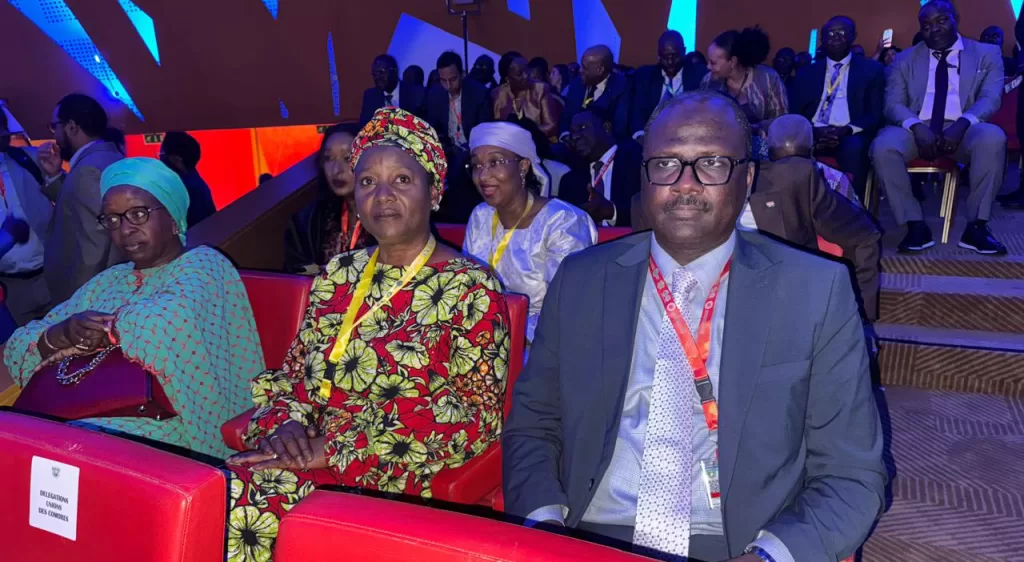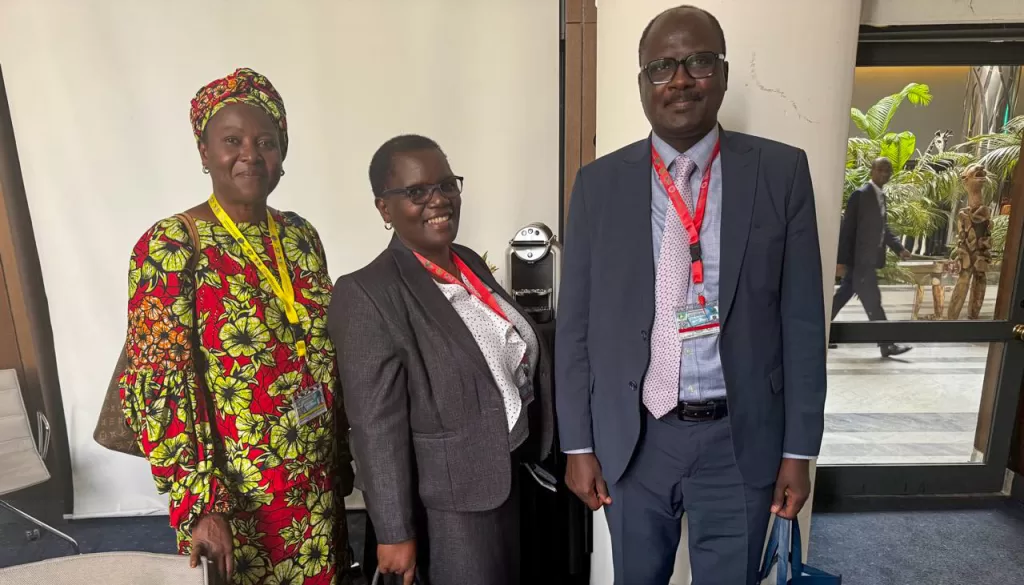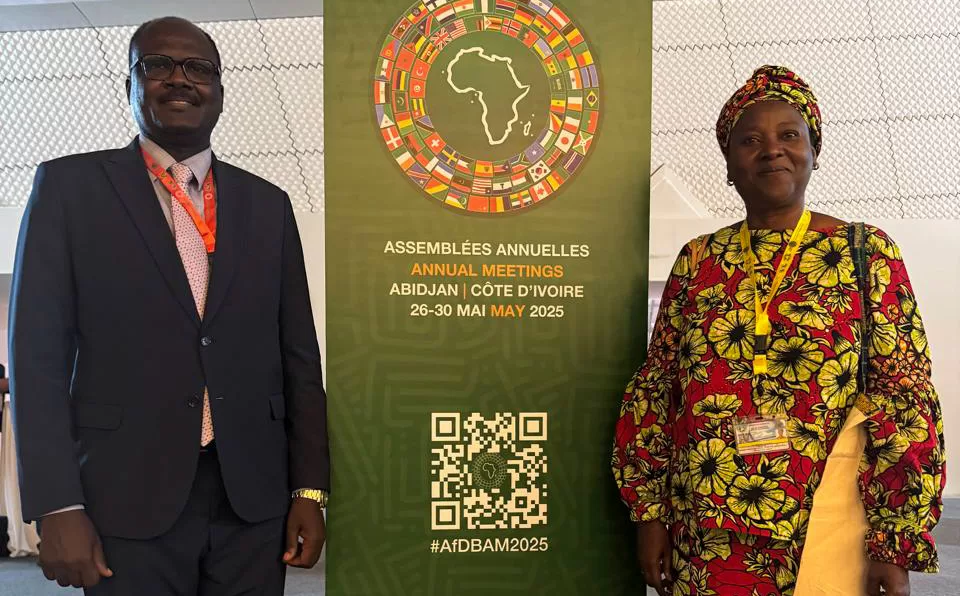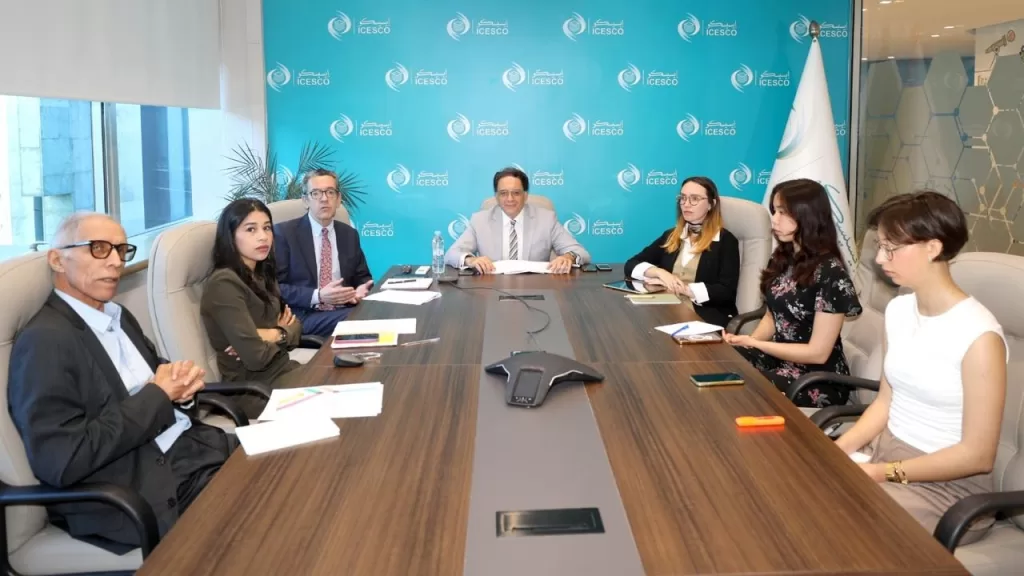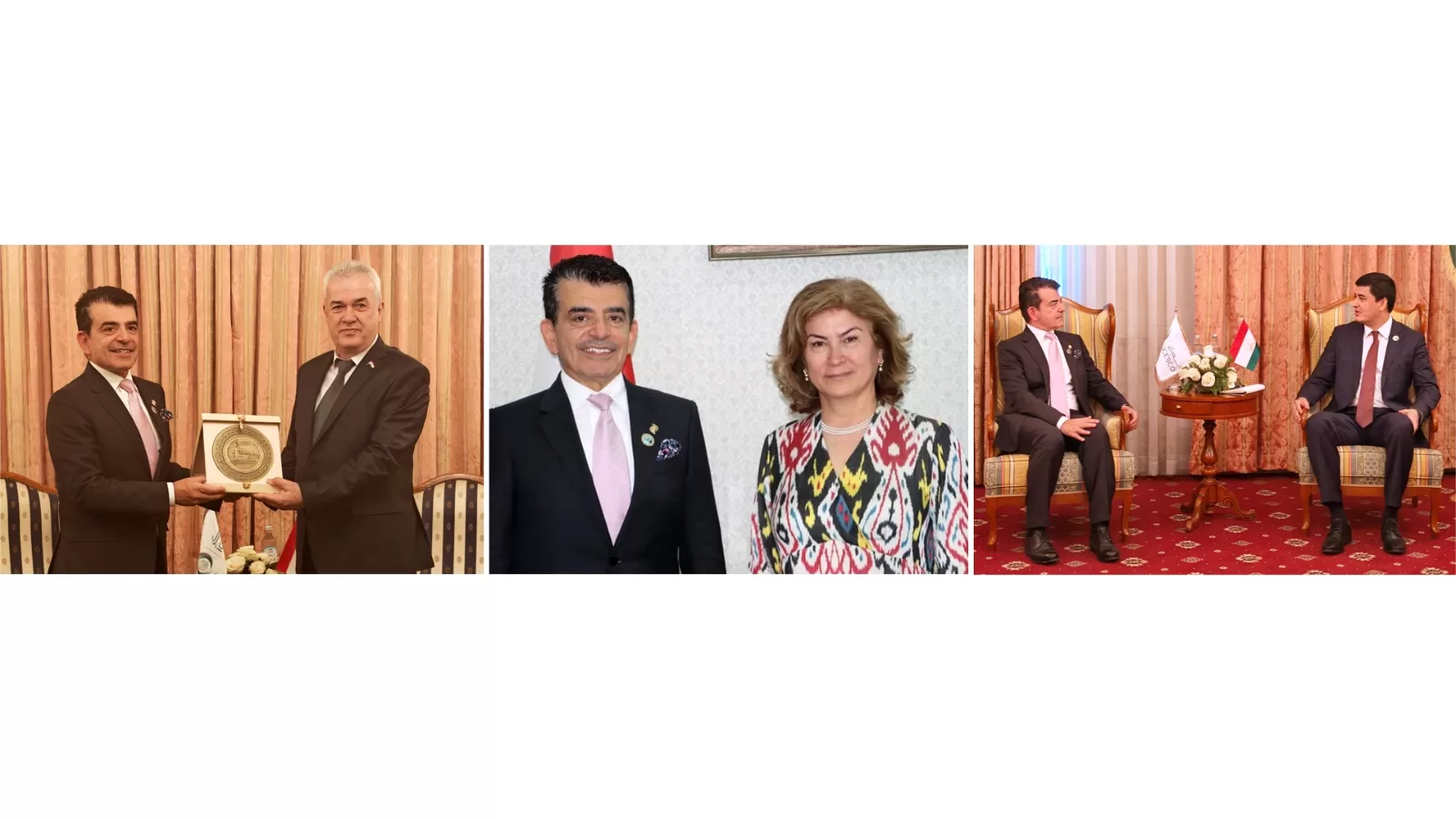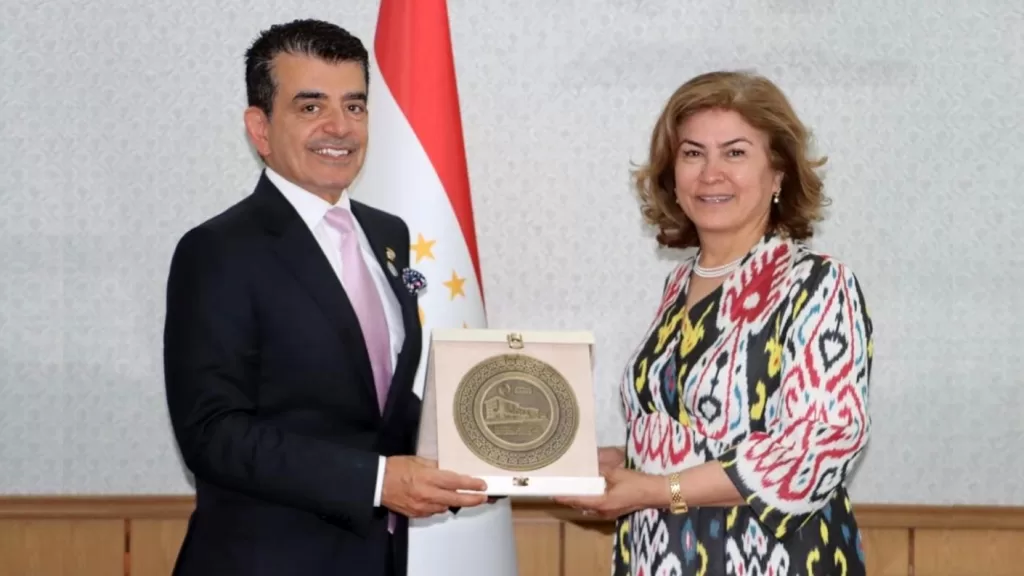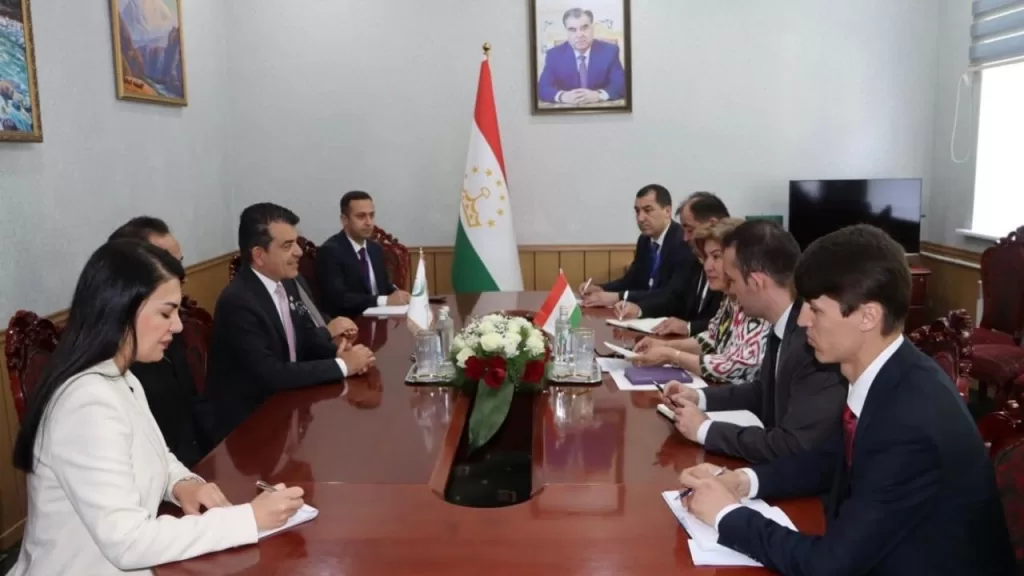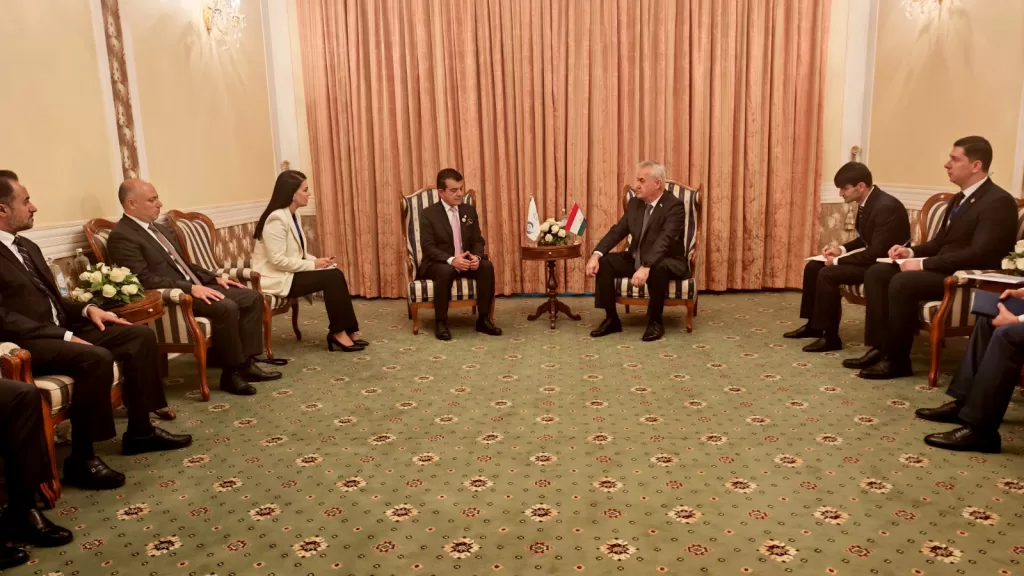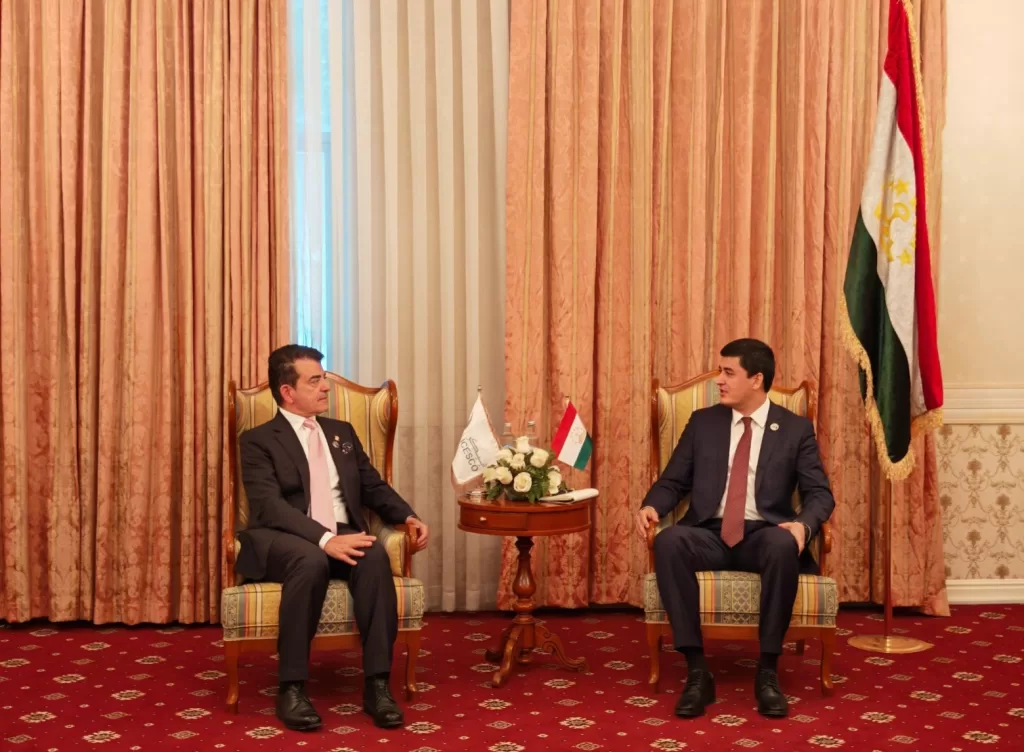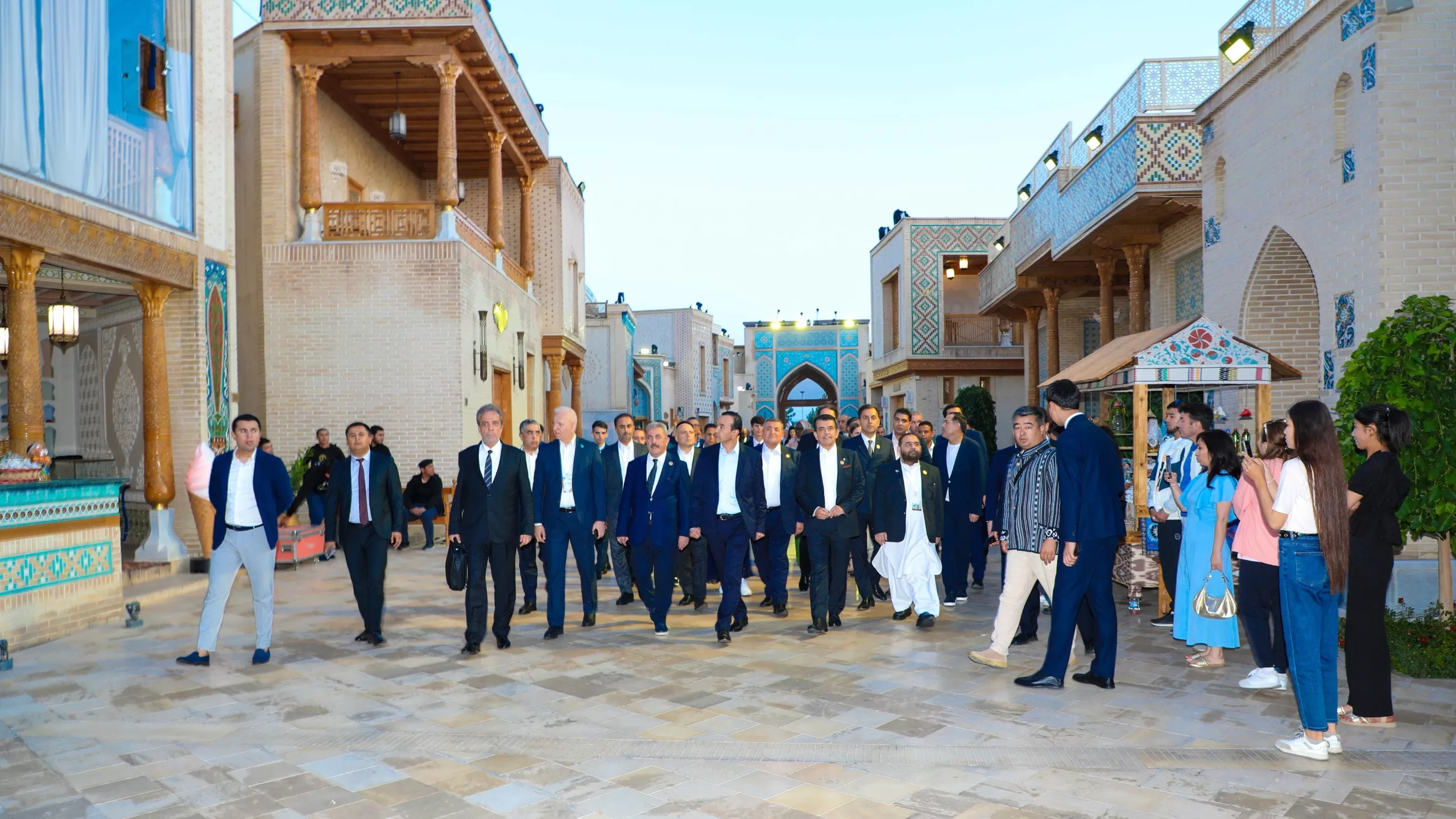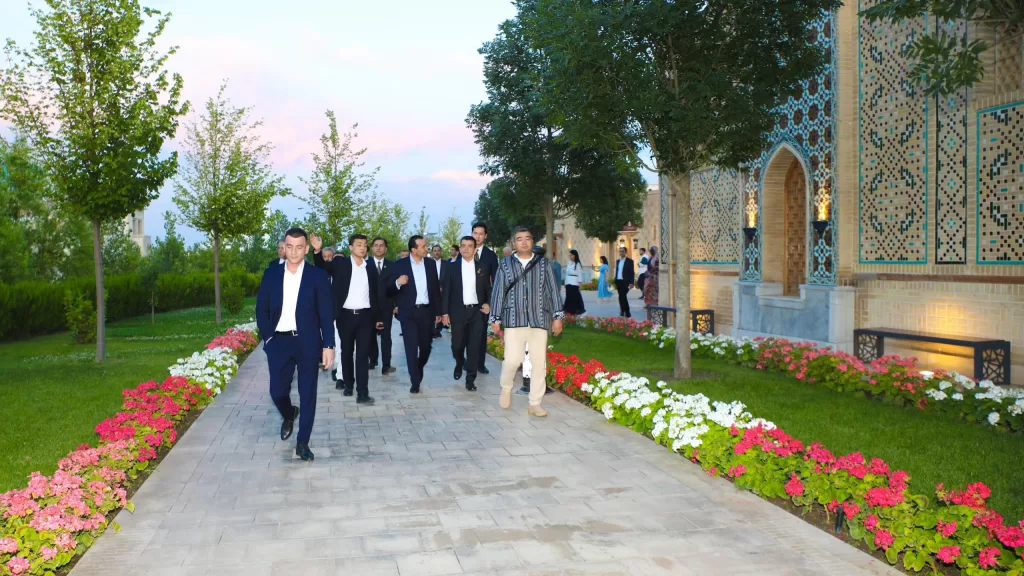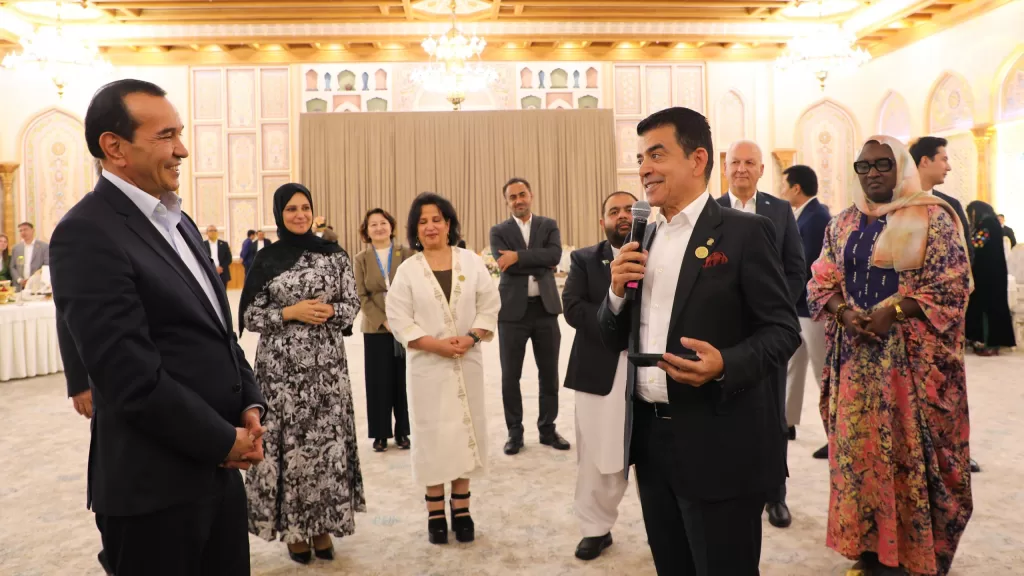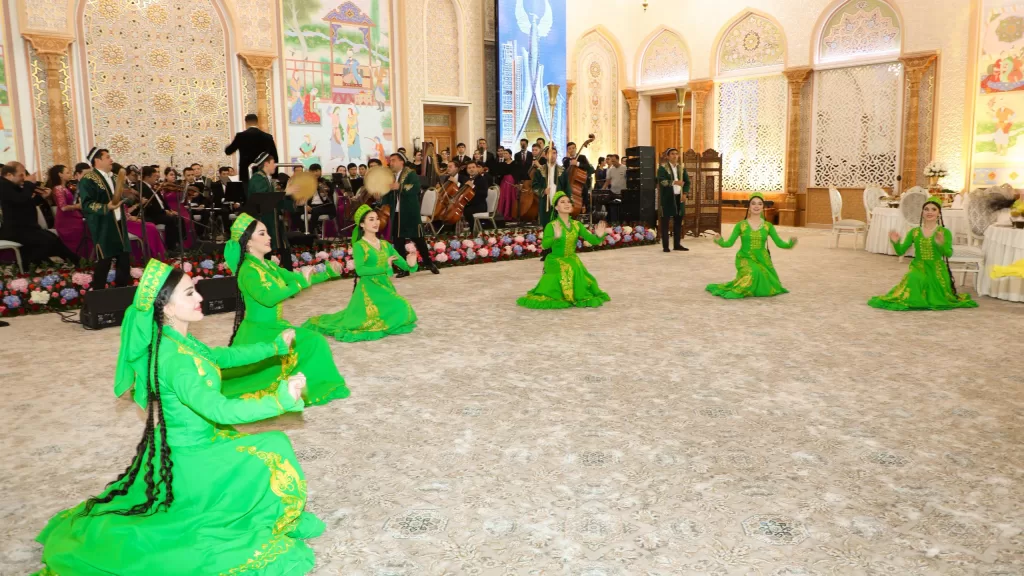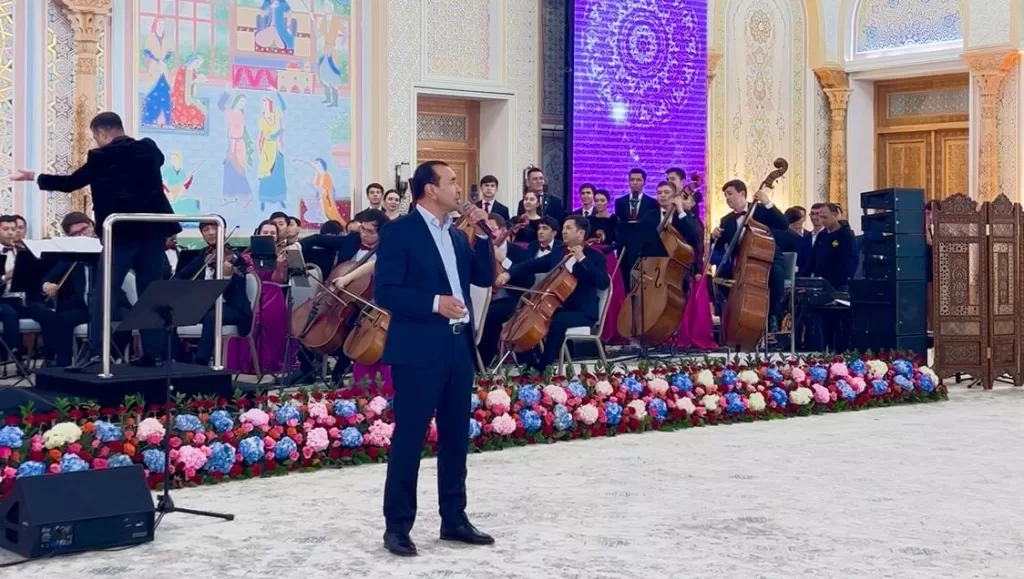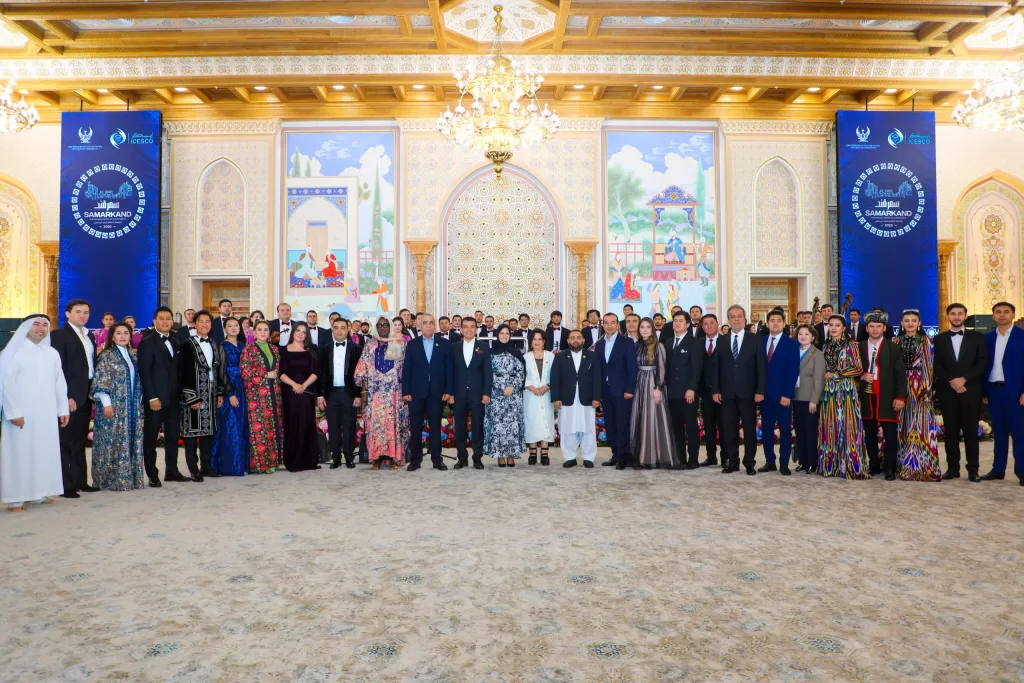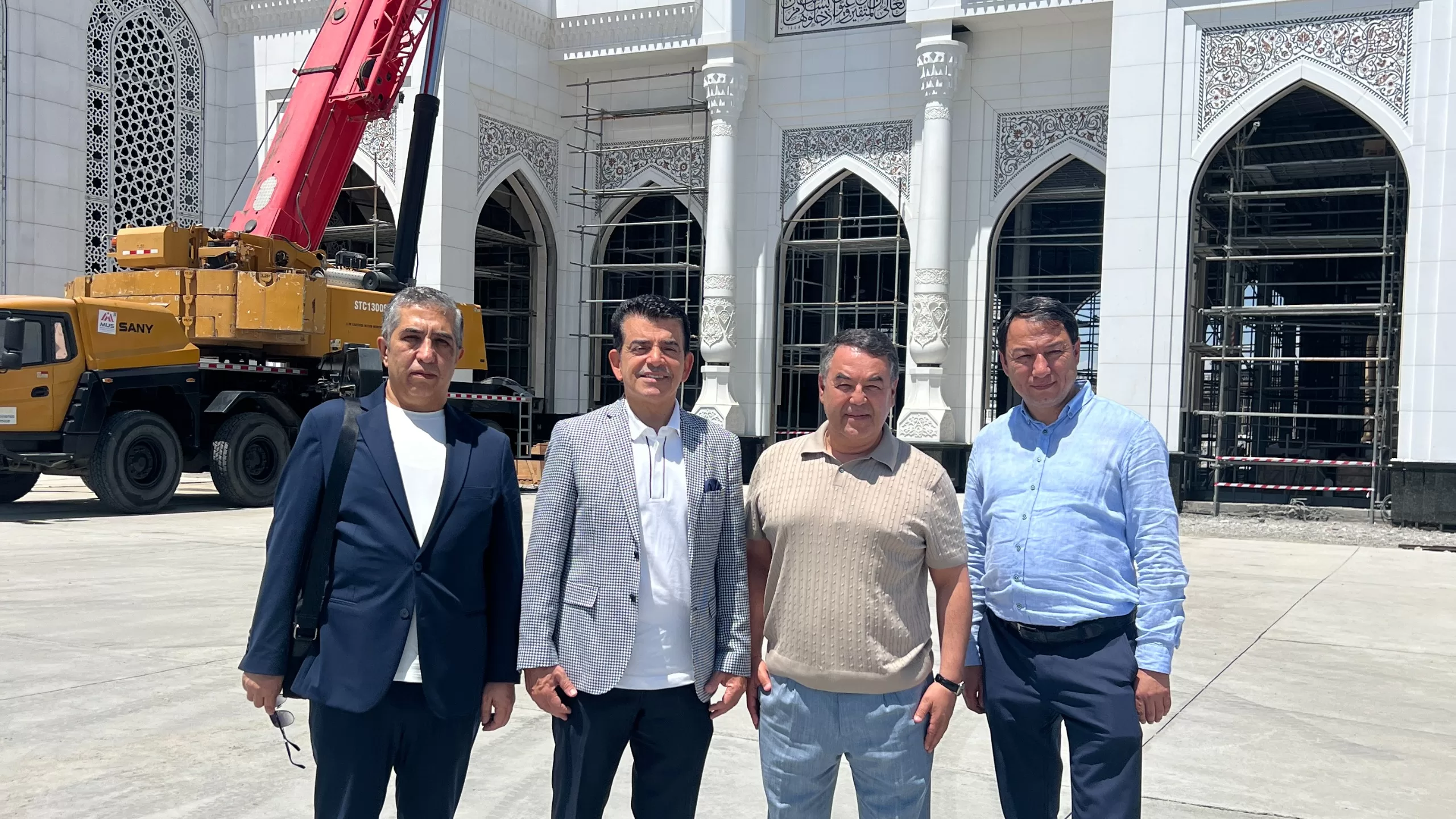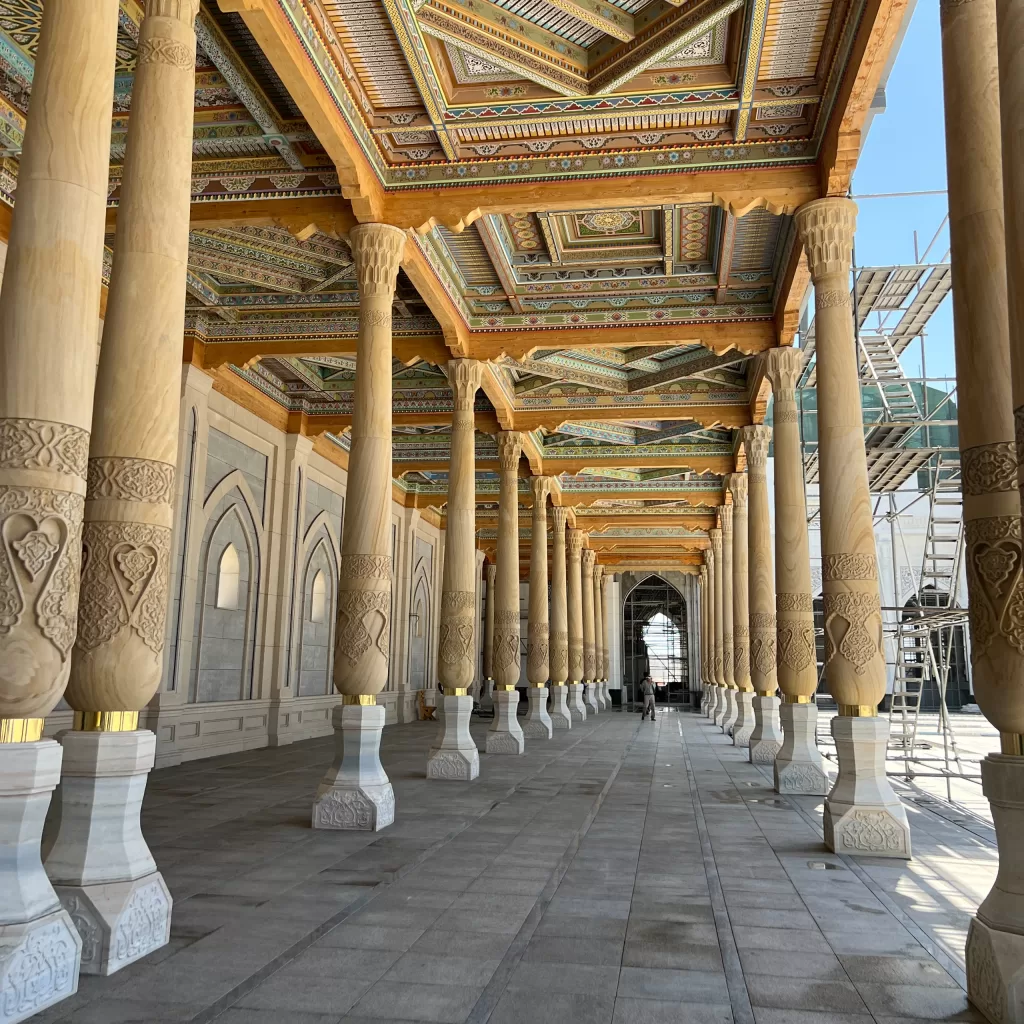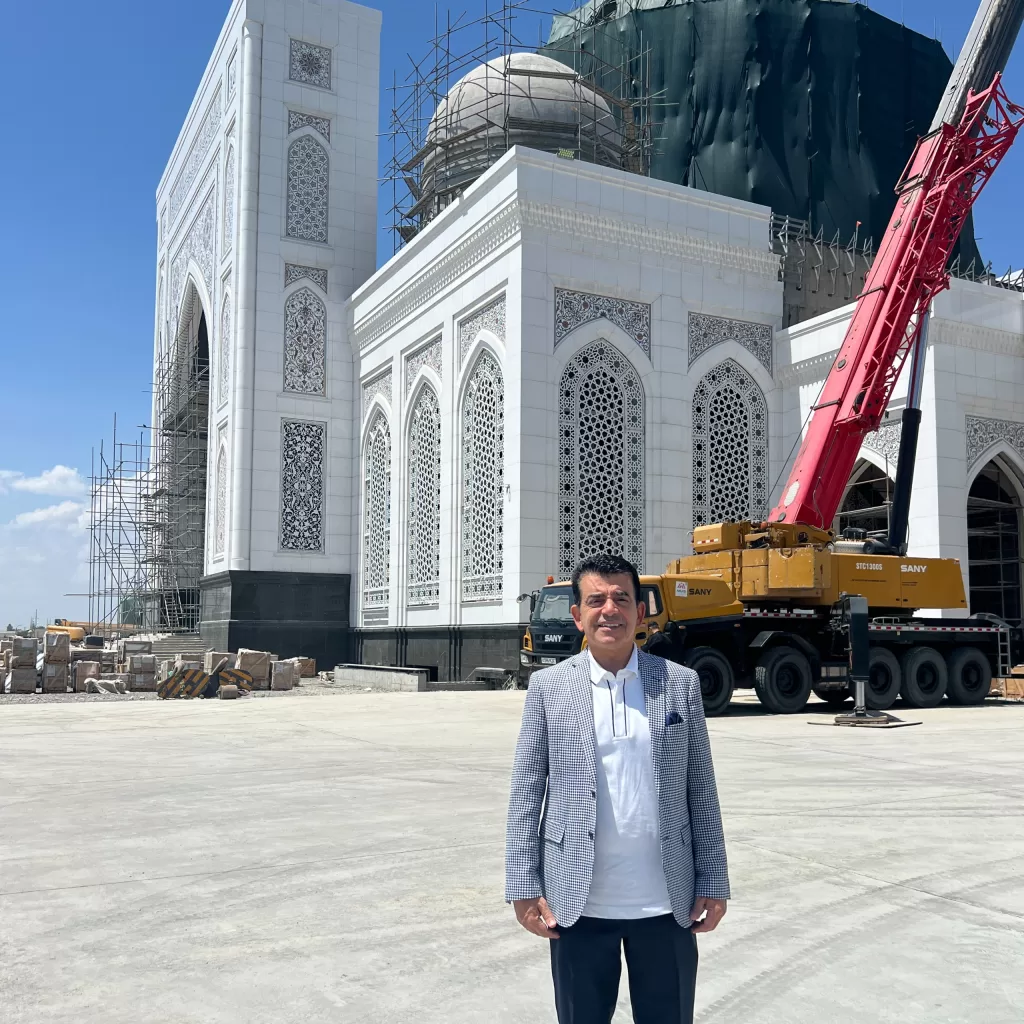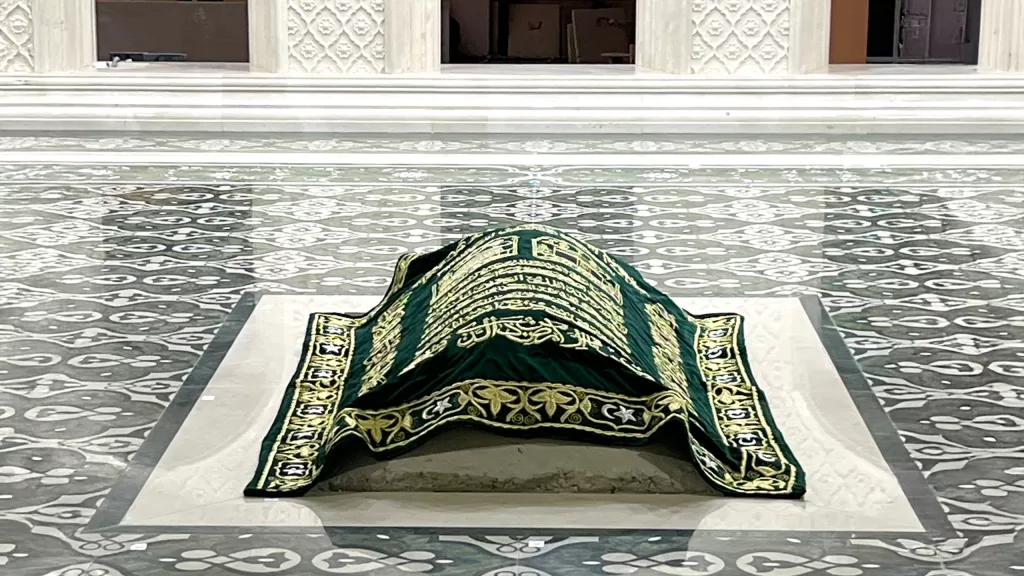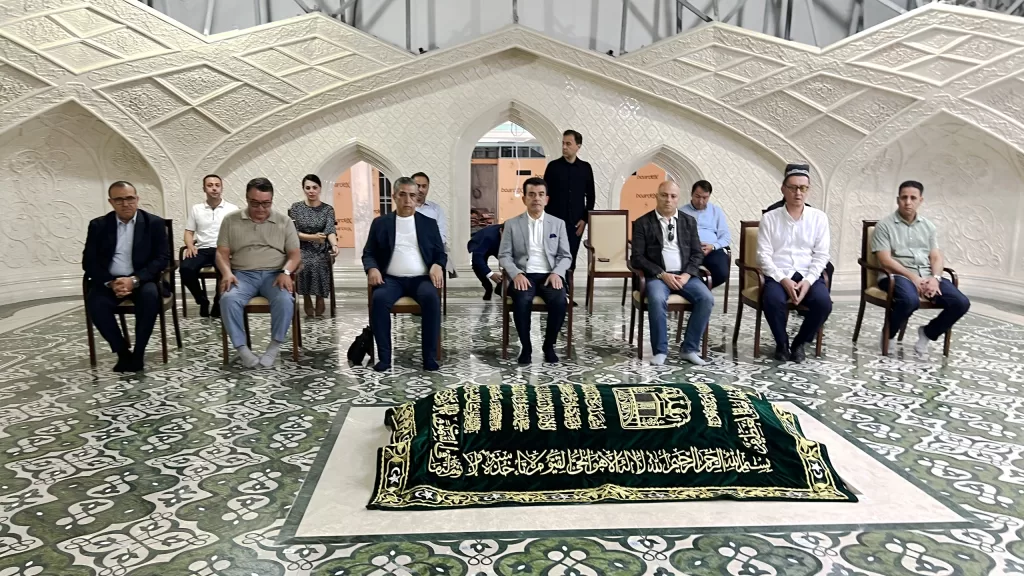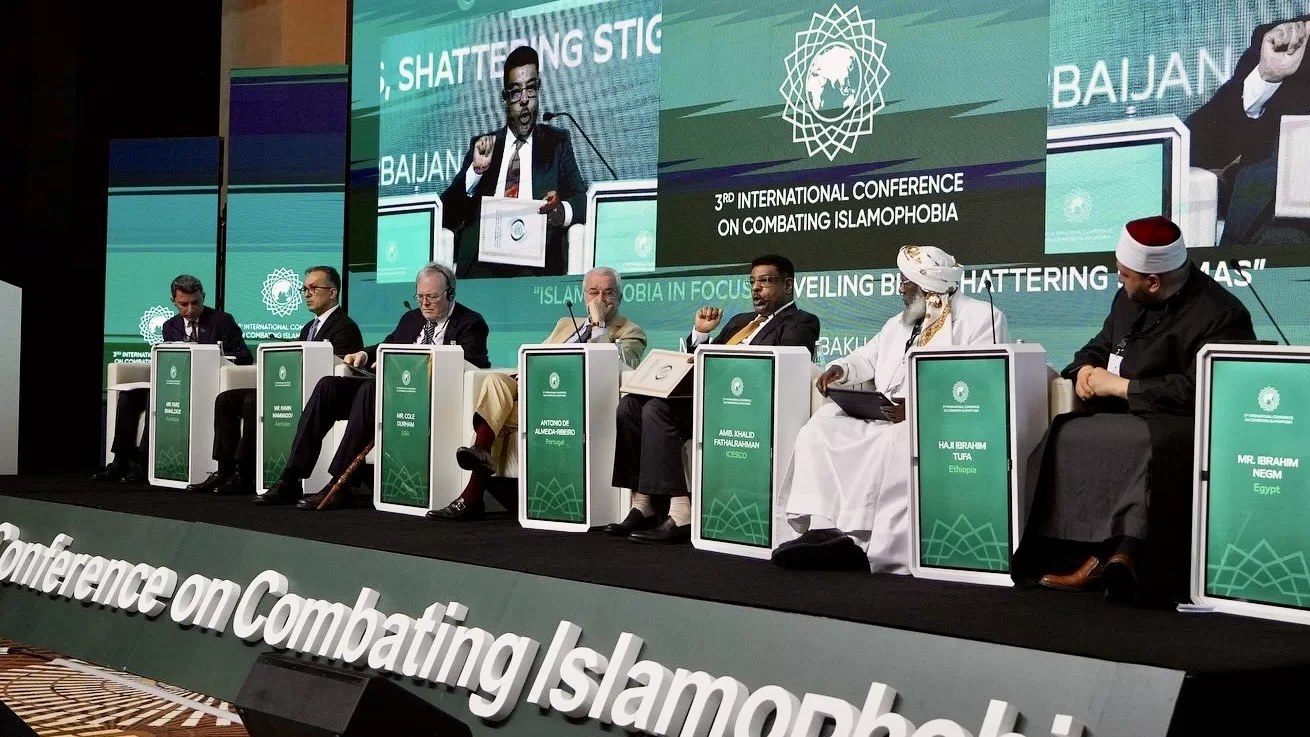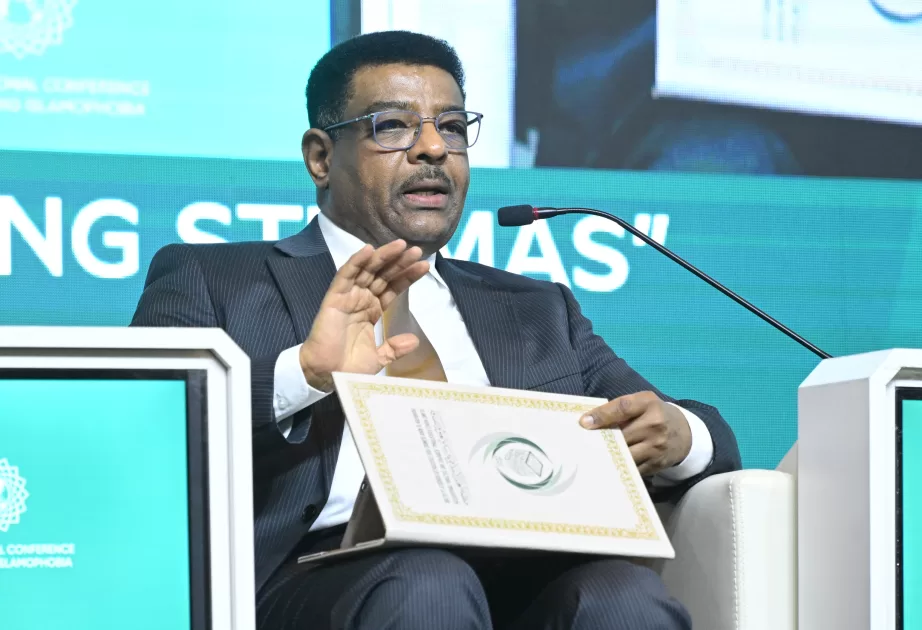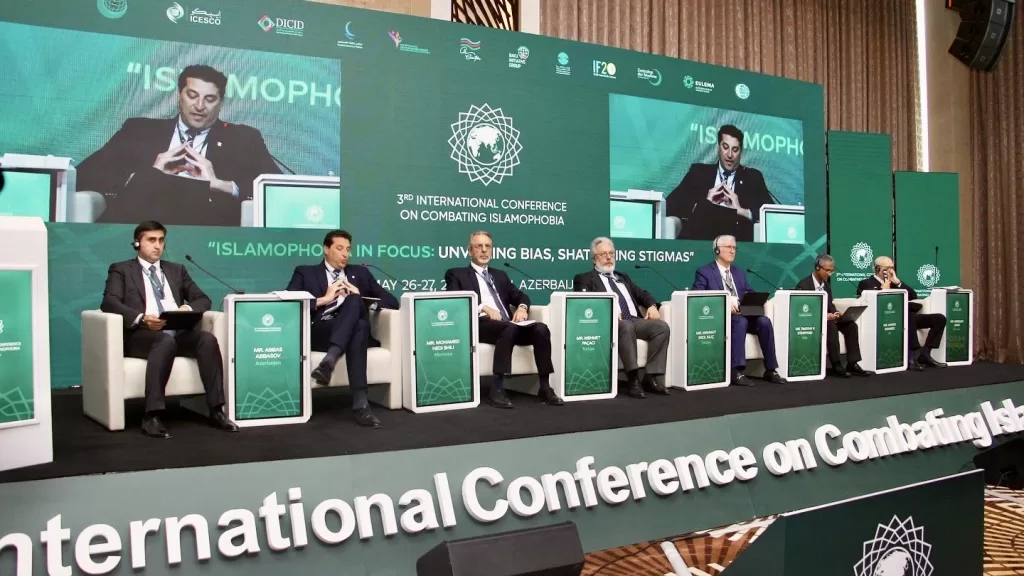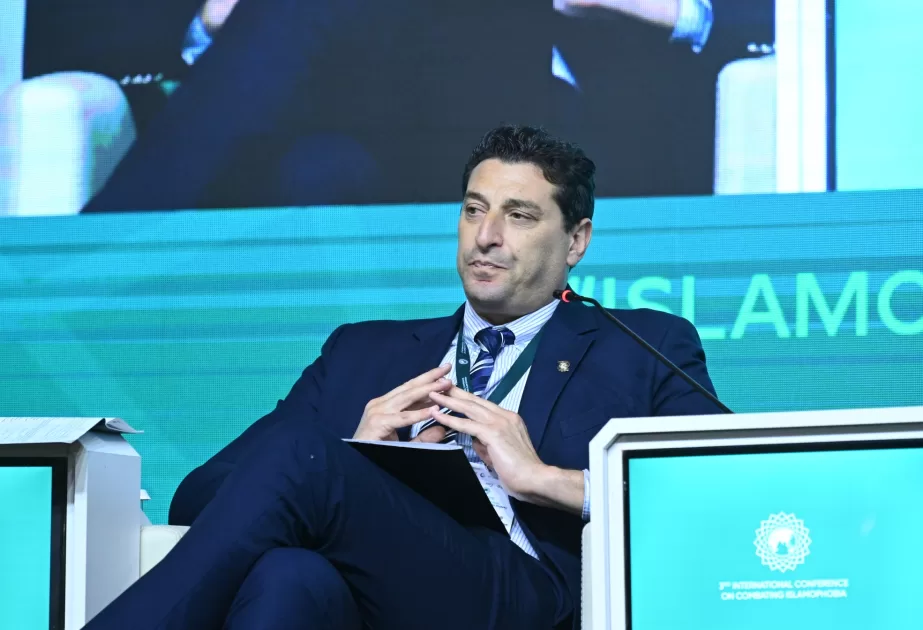The Culture Sector of the Islamic World Educational, Scientific and Cultural Organization (ICESCO) organized the fourth online training workshop in the “ICESCO Immersive Art” (IIA) series, themed “Listening, Creating, Thinking”. The event explored the intersection of art with scientific and technological research through interdisciplinary approaches that combine creativity and knowledge.
The opening session, chaired by Dr. Mohamed Zinelabidine, Head of ICESCO Culture Sector, saw the participation of renowned French Teacher-researcher and composer Mr. Frank Pecquet, who gave a presentation on the philosophical and artistic dimensions of musical sound, and its role in fostering creativity and analyzing sensory environments. His presentation was grounded in creative research methodologies, psychoacoustics, the philosophy of listening, and auditory anthropology.
The workshop was then facilitated by Ms. Zineb Bougrine, expert at the Culture Sector, and Dr. Amine El Hamami, ICESCO’s external international expert in digital creativity and culture. It included remote participation by specialized researchers, young professionals, and experts from ICESCO national commissions in Member States.
The discussions revolved around two main themes: the first addressed sound as a medium for artistic and cognitive creativity, while the second focused on the “school of critical perception” as a space for learning and educational transformation.
It also explored the impact of artificial intelligence on artistic creativity and the authenticity of expression in the digital era. Participants emphasized the importance of rethinking traditional aesthetic concepts by integrating the arts with technology and the humanities, in order to develop more inclusive and adaptable cultural policies that meet the needs of contemporary societies, especially in the fields of education and artistic training.
This workshop aligns with ICESCO’s vision to reposition culture as a driving force for comprehensive development and a means of strengthening social cohesion, through the adoption of innovative and open cultural models that respond to the aspirations of future generations amid rapid digital transformations.
